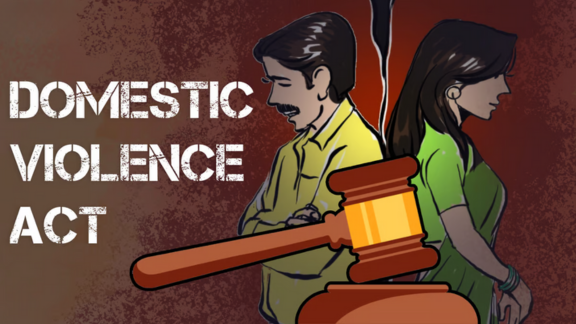A Public Interest Litigation (PIL) has been filed in the Punjab and Haryana High Court, seeking a directive to create provisions or rules for the mandatory enforcement of protection orders under the Protection of Women from Domestic Violence Act, 2005 (DV Act) [Sharmila Sharma v. Union of India and others].
On August 13, the Division Bench comprising Chief Justice Sheel Nagu and Justice Anil Kshetarpal asked the Central government, along with the States of Punjab and Haryana, and the Union Territory of Chandigarh, to respond to the petition. The matter is scheduled for a hearing on September 26.
The petition, filed by advocate Sharmila Sharma, highlights several cases where victims of domestic violence continue to suffer due to the non-enforcement of orders issued under the DV Act. Sharma argues that while the DV Act was designed to ensure effective protection for women facing domestic violence, it lacks provisions for the mandatory execution of protection orders. Currently, such orders can only be enforced through the Code of Criminal Procedure (Cr.P.C).
The petition points out that Section 20(6) of the DV Act allows a magistrate to enforce a monetary relief order without requiring an application if the respondent is a salaried person or creditor. However, this provision is rarely exercised suo motu and offers little help when the respondent is self-employed. In such cases, victims must rely on Section 128 of the CrPC or Section 147 of the Bharatiya Nagarik Suraksha Sanhita (BNSS) to enforce monetary relief orders.
Additionally, the plea contends that Section 31 of the DV Act, which defines penalties for breaching protection orders, only outlines the penalties for non-compliance but does not provide a procedure for implementing the orders.
Sharma argues that the provisions of the DV Act are inconsistent and inadequate, both procedurally and substantively. To address these issues, she references Section 37 of the DV Act, which grants the Central government the authority to create rules for the law’s implementation. However, no such rules have been established to date, undermining the purpose of the Act by failing to mandate the enforcement of protection orders.
The petition also alleges that Protection Officers, as required under Section 8 of the DV Act, have not been appointed in every district of Punjab, Haryana, and Chandigarh. In response, the Haryana government informed the court that Protection Officers have been appointed in all 22 districts of Haryana, and Anganwadi workers have been designated as Village Level Protection Agents.
Advocate Sharmila Sharma represented herself in the case, while Additional Advocate General Deepak Balyan represented Haryana, Additional Advocate General JS Gill represented Punjab, Additional Solicitor General Satya Pal Jain, along with advocate Neha Sharma, represented the Union of India, and advocates Abhinav Sood and Arsh Bir represented Chandigarh.

















